Humans, animals, and the Earth are interconnected in ways that are often taken for granted. Each is essential for the survival of the other – in the most basic sense, all three are necessary for life to exist. Animals provide humans with food, clothing, and companionship. In addition, they play an important role in the environment, helping to keep ecosystems in balance and providing essential services such as pollination and pest control. Without animals, many of our basic needs could not be met. From Bees to Bats, here are 10 animals humans need to survive.
10- Ants

Animals are essential for human survival. Ants, in particular, play a vital role in our environment. They aerate the soil, which helps ensure healthy crops. Ants also act as a natural pest control, helping to keep insect populations in balance. They also help recycle nutrients, breaking down dead and decaying matter, which helps keep the soil fertile. Ants also carry pollen from one plant to another, aiding in the pollination process. They also provide food for a variety of other animals and birds. Lastly, ants are great indicators of the health of their ecosystem, as they are sensitive to changes in their environment. Therefore, they are an important part of our world and we should cherish them.
9- Frogs

Photo Credit: Deccan Herald
Frogs play an essential role in the health and balance of the environment. They consume a variety of insects, helping to regulate insect populations. Frogs also act as food for larger predators, such as birds and mammals. Additionally, their presence helps to indicate the overall health of an environment. Frogs are sensitive to changes in their environment, so if an area is becoming polluted or degraded, the frog population may decrease.
Frogs are amphibians, which means they live both on land and in the water. They breathe through their skin, which must be kept moist to function properly. As a result, frogs are found in wet and damp areas, such as streams, ponds, and wetlands. They also require a safe and stable environment to breed in.
8- Birds
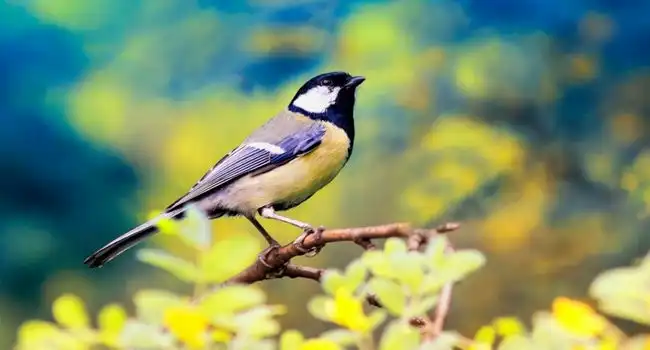
Humans need animals to survive. Birds play an integral role in the environment and human life. They act as pollinators, dispersing seeds for a variety of plants. Birds also help to control insect and rodent populations. They act as scavengers, consuming carrion and helping to keep the environment clean. Birds provide humans with beauty and song, inspiring us to appreciate the natural world. They also act as indicators of environmental health, alerting us to changes in air and water quality. Birds also provide us with a great source of entertainment, as they are incredibly beautiful to observe in the wild.
Without birds, our world would be a much poorer place. Unfortunately, birds are increasingly threatened by human activities. Habitat loss, chemical pollution, and hunting are all contributing to a decrease in bird populations worldwide. We must take action to protect our feathered friends and preserve their habitats.
7- Plankton

Photo Credit: New Yorker
Plankton are small organisms that humans need to survive. They provide a crucial part of the food chain, forming the foundation of the aquatic food web. Plankton also produce much of the oxygen in the atmosphere, helping to regulate the climate. They absorb and store carbon, reducing the amount of carbon dioxide in the atmosphere. Plankton also serve as a food source for fish and other marine creatures. They also provide habitat for many species of fish and shellfish.
Plankton are a vital part of the ocean’s food web and play an important role in maintaining the balance of life on Earth. They are also important for their ability to absorb pollutants, helping to keep our oceans and waterways clean. Plankton are also a source of medicine, providing the raw material for many antibiotics and drugs. Finally, plankton provide a key source of nutrients for the growth of other organisms, such as coral and algae. Without plankton, many of the world’s habitats would be unable to support life.
6- Bats

Photo Credit: Science
Bats are the only mammals capable of true flight and use echolocation to hunt and navigate in the dark. They are also incredibly social, living in large colonies and communicating through vocalizations. Bats are essential to our environment, controlling insect populations and dispersing seeds to help promote plant diversity. They are even known to eat mosquitoes, helping to reduce the spread of disease. In some cultures, they are even considered a delicacy. Bats play an important role in our environment, from controlling pest populations to pollinating crops. Without them, our ecosystems would be drastically different. They also provide invaluable services to farmers and gardeners, by keeping insect populations in check. Bats are remarkable creatures, and we must do our part to ensure their survival.
5- Fungi
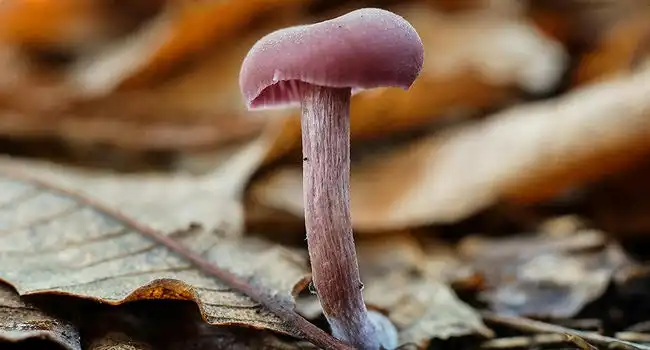
Without these fungi in their root systems, 80% of trees and plants would not survive. Fungi provide food, oxygen, and essential nutrients. They also help maintain soil structure and fertility. They can also help protect crops from pests. Furthermore, certain fungi can help control disease in humans and animals. Fungi also play an important role in decomposition and nutrient cycling in ecosystems. They are a crucial part of the food web, serving as both primary and secondary consumers. Fungi also provide habitats for various other species. They can even help to reduce the spread of invasive species.
4- Worms
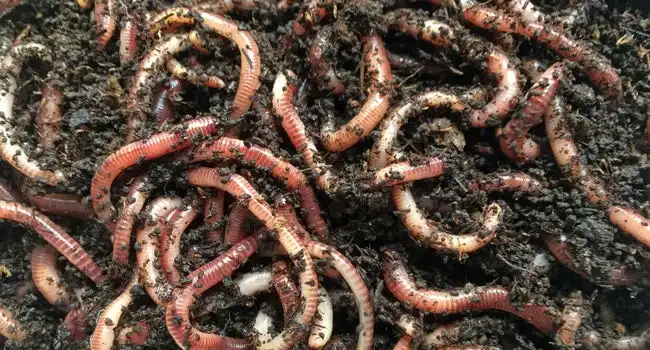
Photo Credit: Sciencing
Worms, in particular, are an important part of the food chain. They break down organic material, helping to create nutrient-rich soil. Worms also aerate the soil, which helps to promote healthy plant growth. They further aid in nutrient cycling, transferring the nutrients from one organism to another. Worms also help to control pests, by consuming them and their eggs. Additionally, they provide food for other animals, such as birds and amphibians. Worms also provide a natural source of fertilizer, which can be beneficial to crops and gardens. Furthermore, they can help to reduce soil erosion, by creating tunnels and burrows to stabilize the soil. Finally, worms have a positive effect on water quality, by filtering out pollutants.
3- Primates

Photo Credit: ViralBe
Primates are also essential to maintaining the delicate balance of nature. They play a vital role in seed dispersal, pollination and seed predation. Through their complex social behaviors, primates also help us understand our own social behavior. Primates form complex social structures and are capable of learning and understanding complex communication. They are highly intelligent and possess sophisticated problem-solving skills.
Primates’ dung droppings help to sustain tropical rain forests by planting the seeds for the trees of tomorrow. This keeps these forests growing and healthy and ensures a permanent source of carbon. In addition, these rain forests impact global rainfall patterns: if fewer trees are present, less moisture goes into the atmosphere, resulting in reduced rainfall and decreased water supplies.
2- Bees
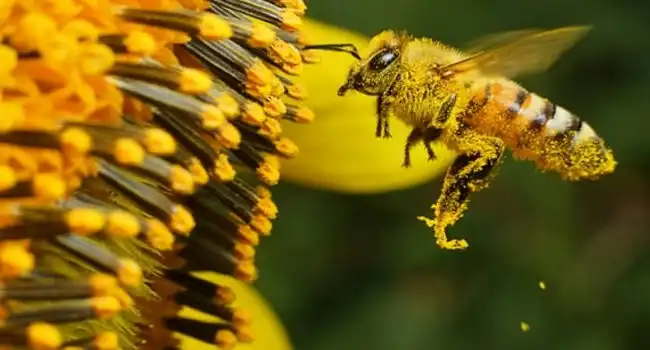
Bees are essential to human survival. They pollinate flowers and crops, helping to produce food for us to eat. They also produce honey, one of the most popular sweet treats. Without bees, our world would be a much different place. We depend on them to keep our ecosystems healthy and balanced. Bees have a very important job. They fly from flower to flower, gathering nectar and pollen to take back to their hives. This nectar and pollen provide food for the entire bee colony. As they go from flower to flower, they spread pollen, which helps fertilize the flowers and plants.
Unfortunately, bees are facing a lot of danger in our modern world. Pesticides, habitat destruction, and disease are all taking a toll on bee populations. Without bees, our food supply would be drastically reduced, and our ecosystems would be thrown off balance.
1- Fish
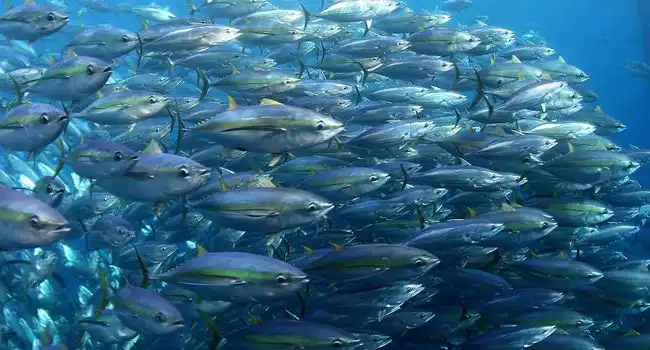
Fish also play an important role in maintaining a healthy ecological balance in the oceans and waterways. Fish excrement helps maintain an ocean’s delicate pH balance. As it floats to the surface of the water and then ultimately dissolves, it forms carbon dioxide which then helps to create acidity in the ocean. The process is simple but effective and has the potential for huge impacts on our planet’s climate.
Fishing is an important part of many cultures and communities, providing a livelihood for millions of people around the world. Responsible fishing practices, such as catch and release, ensure that fish populations remain healthy and abundant. Seven billion people are demanding more fish on their plates, leading to overfishing and depleting 31 percent of the world’s fish populations and fishing another 58 percent at the maximum sustainable level. However, recent research from the University of Exeter gives a glimmer of hope. It has been found that fish excrement can significantly reduce the acidity of oceans, and in turn help to reduce the impacts of climate change.


